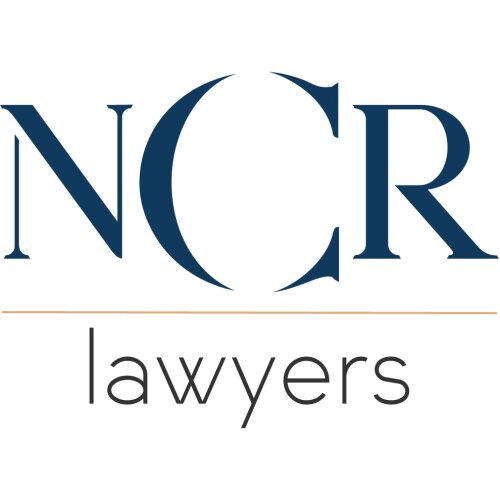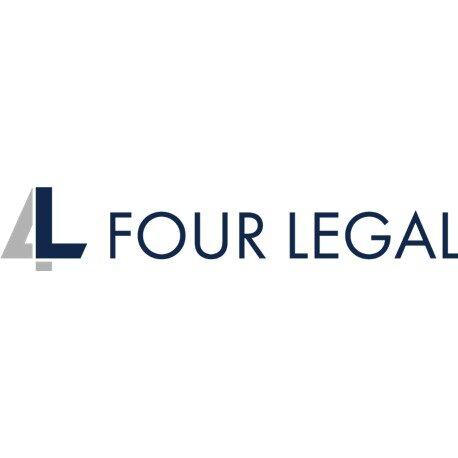Best Real Estate Lawyers in Serbia
Share your needs with us, get contacted by law firms.
Free. Takes 2 min.
Free Guide to Hiring a Real Estate Lawyer
Or refine your search by selecting a city:
List of the best lawyers in Serbia
About Real Estate Law in Serbia
Real Estate law in Serbia is governed by a comprehensive legal framework that regulates the ownership, transfer, and use of real property. It primarily revolves around the Law on Real Estate and other related domestic legislations. The market has seen a steady growth due to economic development, foreign investments, and urban projects, making it a dynamic environment for property transactions. Whether you are buying, selling, developing, or leasing property, understanding the local real estate laws is crucial to ensuring legal compliance and protecting your investments.
Why You May Need a Lawyer
Engaging a lawyer in real estate transactions is beneficial in numerous instances. Some common situations include:
- Buying or selling property: Legal advice can help you navigate contracts, negotiate terms, and ensure title validity.
- Property disputes: Whether it's a boundary issue or a breach of contract, legal support is essential in disputes.
- Leasing agreements: Lawyers can assist with drafting or reviewing lease agreements to ensure compliance and protect your interests.
- Property development: If you’re developing land or property, legal guidance can help with permits, regulations, and zoning laws.
- Inheritance of property: Lawyers can assist in probate procedures and mediate among heirs.
Local Laws Overview
Several key aspects of local laws governing real estate in Serbia include:
- Law on Property Ownership and Other Real Rights: This law dictates property rights and the scope of ownership.
- Law on Planning and Construction: Governs land use, urban planning, and construction regulations.
- Real Estate Cadastre Law: Mandates the registration of properties, providing an official record of ownership.
- Foreign Ownership: Non-citizens face restrictions but can acquire property under certain conditions.
- Taxation: Transactions are subject to VAT and property taxes, and legal expertise is vital for tax-related matters.
Frequently Asked Questions
What documents are necessary for purchasing real estate in Serbia?
Key documents include a purchase agreement, a title deed, proof of ownership, and identification documents for both parties. It is also advisable to conduct due diligence and obtain a property excerpt from the Real Estate Cadastre.
Can foreigners buy property in Serbia?
Yes, foreigners can purchase property, although there are some conditions, such as reciprocity agreements with the buyer’s country and a requirement to establish some form of legal presence in Serbia, like a company.
What is the role of a notary in real estate transactions?
Notaries in Serbia authenticate real estate contracts, ensuring that they are legally binding and correctly executed. They also facilitate the registration of the transaction in the public register.
How are property transactions taxed in Serbia?
Real estate transactions in Serbia are generally subject to a property transfer tax of 2.5% of the market value or VAT at 20% for new constructions. It’s important to consult a legal advisor for specific tax obligations.
What is restitution, and how does it affect property rights?
Restitution involves returning property to individuals whose assets were unjustly seized during past regimes. It can complicate current ownership claims, necessitating legal clarity.
Are leases legally required to be in writing?
While short-term leases can be verbal, it is highly recommended to have all lease agreements in writing to avoid disputes and ensure enforceability.
What remedies are available for breach of a real estate contract?
Remedies include seeking specific performance, damages, or contract termination. Legal representation is advisable to pursue any of these actions effectively.
How are property rights registered in Serbia?
Property rights are registered with the Real Estate Cadastre. This ensures public recording of property ownership and any related legal rights or burdens.
What should I know about zoning laws in Serbia?
Zoning laws regulate land use and development. Familiarizing yourself with municipal zoning plans and consulting with a legal expert is critical when purchasing land for development.
Is a pre-purchase inspection mandatory?
While not legally required, a pre-purchase inspection is strongly recommended to identify any potential property issues or defects before completing a transaction.
Additional Resources
Here are some resources and organizations that can provide valuable information:
- Republic Geodetic Authority: Manages the Real Estate Cadastre.
- Chamber of Commerce and Industry of Serbia: Offers insights into the business climate and regulations.
- Ministry of Construction, Transport, and Infrastructure: Provides information on building and development regulations.
- Local municipalities: For city-level planning and zoning queries.
Next Steps
If you require legal assistance in real estate matters, consider taking the following steps:
- Consult a licensed real estate attorney in Serbia who has experience with local laws and regulations.
- Gather and organize all relevant documents and details regarding your situation or transaction.
- Schedule a meeting with legal advisors to discuss your case and understand your options.
- Consider whether mediation or litigation is the appropriate path if involved in a dispute.
- Regularly review local laws and regulations to ensure compliance and stay informed of any changes.
Lawzana helps you find the best lawyers and law firms in Serbia through a curated and pre-screened list of qualified legal professionals. Our platform offers rankings and detailed profiles of attorneys and law firms, allowing you to compare based on practice areas, including Real Estate, experience, and client feedback.
Each profile includes a description of the firm's areas of practice, client reviews, team members and partners, year of establishment, spoken languages, office locations, contact information, social media presence, and any published articles or resources. Most firms on our platform speak English and are experienced in both local and international legal matters.
Get a quote from top-rated law firms in Serbia — quickly, securely, and without unnecessary hassle.
Disclaimer:
The information provided on this page is for general informational purposes only and does not constitute legal advice. While we strive to ensure the accuracy and relevance of the content, legal information may change over time, and interpretations of the law can vary. You should always consult with a qualified legal professional for advice specific to your situation.
We disclaim all liability for actions taken or not taken based on the content of this page. If you believe any information is incorrect or outdated, please contact us, and we will review and update it where appropriate.
Browse real estate law firms by service in Serbia
Serbia Attorneys in related practice areas.
Browse real estate law firms by city in Serbia
Refine your search by selecting a city.

















